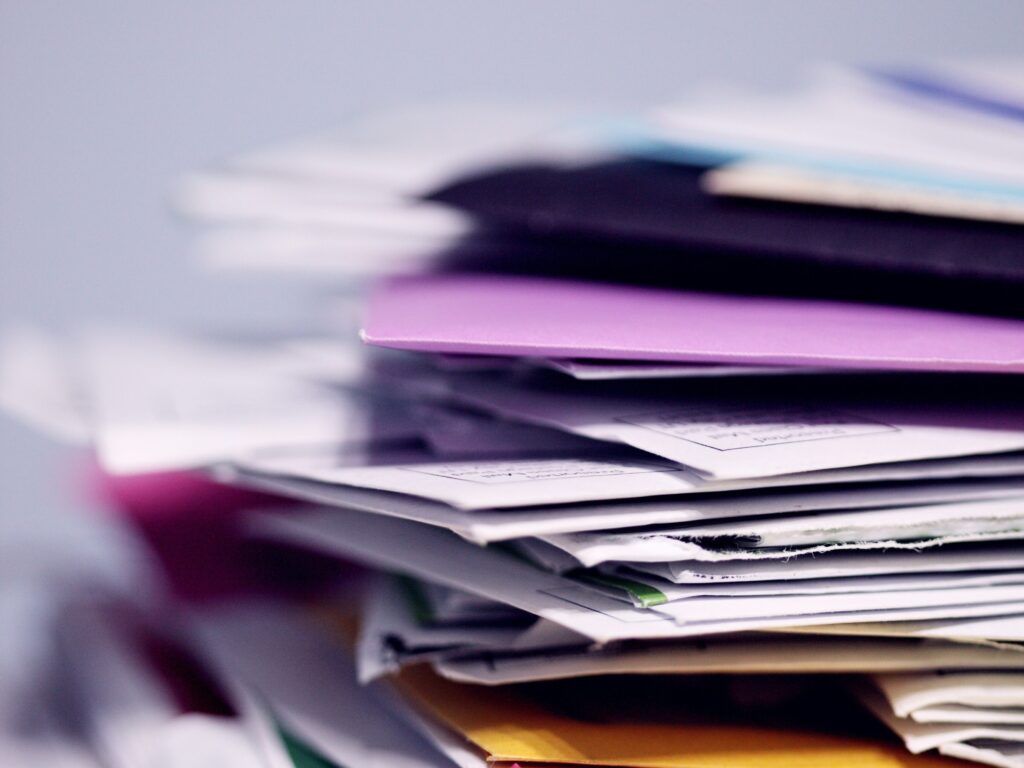
VAT
Understanding your VAT obligations as a small food producer.
Updated 12 June 2024
VAT
VAT threshold
You are required to register for VAT if your total taxable turnover was more than £90,000 within the last 12 months.
Even if you fall below the £90,000 VAT threshold there may still be specific benefits to registering for VAT depending on the type of business you are considering starting. It is worth investigating how VAT registration might affect your business plan. There are many products with specific VAT rules, especially those that are “zero-rated” or exempt from VAT.
VAT rates
Many food and drink, animals, animal feed, plants and seed products are zero-rated. This means you don’t need to charge VAT on these sales.
Researching and understanding the VAT status of any of your potential produce will be an important part of your business plan. The UK government webpage ‘VAT rates on different goods and services’ has further details on VAT statuses, and information on specific rates on food, drink and animal products.
Reclaiming VAT
The main benefit of VAT registration for a small producer is the ability to reclaim VAT on most business-to-business purchases. For example, if you purchase machinery to produce your goods, being VAT registered allows you to reclaim the VAT on that purchase.
Collecting VAT
The downside is that you must also charge and collect VAT on all VAT-rated product sales and it increases the amount of administration and record keeping required in your business. Making mistakes with VAT can also result in fines. VAT registered business are required to fill out their VAT return usually every 3 months.
If you do need to register for VAT you can find out more about the process here: Charge, reclaim and record VAT.